Description
Lidocaine is a local anesthetic medication that is used to numb specific areas of the body to reduce pain or discomfort. It is available in various forms, including topical creams, gels, ointments, and injectable solutions. Lidocaine is widely used for various medical and dental procedures, as well as for pain management.
Here are some key points about lidocaine:
-
Local Anesthetic
It is a local anesthetic, meaning it temporarily blocks the transmission of pain signals from nerve endings in a specific area of the body. It does not induce unconsciousness and is not used as a general anesthetic for major surgeries.
-
Indications
It is used for a variety of purposes, including:
- Local anesthesia for minor surgical and medical procedures.
- Pain relief during dental procedures.
- Management of pain and discomfort associated with conditions like hemorrhoids, sunburn, minor burns, and insect stings.
- Topical application to reduce itching or pain in skin conditions.
- As an intravenous medication to treat certain heart rhythm disturbances.
-
Forms
It is available in different formulations, including topical creams and ointments, patches, and injectable solutions. The choice of form depends on the intended use and the location of the pain or procedure.
-
Duration of Action
The duration of lidocaine’s numbing effect depends on the form and concentration used. However it can provide temporary relief that lasts from minutes to a few hours, depending on the specific application.
-
Side Effects
Lidocaine is generally well-tolerated when used as directed. Common side effects may include temporary numbness, tingling, or redness at the site of application. Allergic reactions and more serious side effects are rare but can occur.
-
Prescription and Over-the-Counter
Some lidocaine-containing products are available over-the-counter (OTC), while others may require a prescription from a healthcare provider, depending on the concentration and intended use. Lower-concentration lidocaine creams, gels, and patches are often available OTC for minor pain relief.
-
Use in Medical Procedures
Lidocaine is frequently used in various medical procedures, including minor surgeries, biopsies, and dental work, to ensure the patient does not experience pain or discomfort during the procedure.
-
Cardiac Applications
Intravenous lidocaine can be used to manage certain cardiac arrhythmias (irregular heartbeats) and is moreover typically administered in a clinical setting under the supervision of healthcare professionals.
It’s important to use lidocaine only as directed by a healthcare provider or according to the instructions on OTC products. However misuse or overuse of lidocaine can lead to adverse effects. If you experience any unusual or severe reactions to lidocaine, seek medical attention promptly. Additionally, lidocaine should not be used on open wounds or broken skin unless directed by a healthcare provider, and it should be stored out of reach of children.

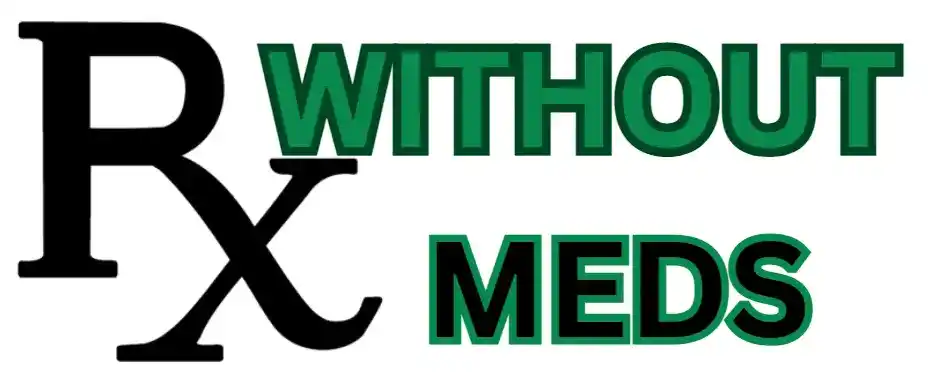
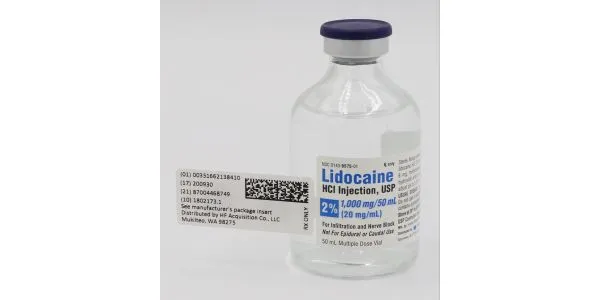
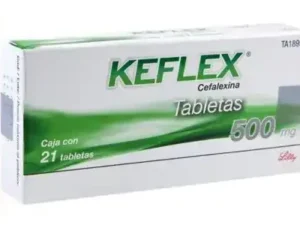
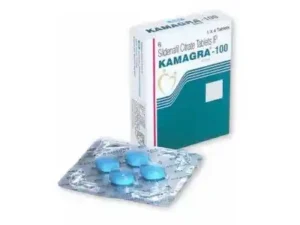
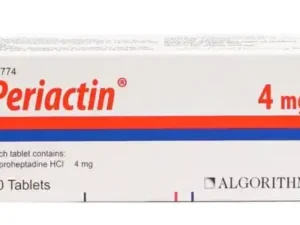
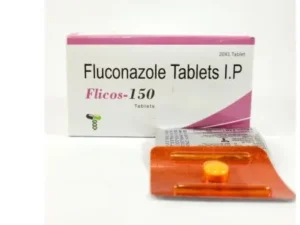
Benjamin Taylor –
The product arrived securely packaged, ensuring its safety during transit.
Joshua Clark –
The packaging was impeccable, ensuring no damage during transit.
Sophia Williams –
A worthwhile purchase, offering great value for money.
Sophia Williams –
Service went above and beyond, addressing all my concerns promptly.
Jack Anderson –
Definitely worth the investment.
Hyun-woo Kim –
The service provided was excellent, with prompt responses to inquiries and helpful assistance.
Amelia Thompson –
Impeccable packaging, ensuring the product’s pristine condition upon arrival.
William Brown –
Top-notch quality, exactly as described.
Joshua Clark –
Top-notch quality, exactly as described.
Jack Anderson –
A worthwhile purchase, offering great value for money.
Joshua Clark –
Service went above and beyond, addressing all my concerns promptly.
Benjamin Taylor –
Top-notch quality, exactly as described.
Thomas Turner –
Top-notch quality, exactly as described.